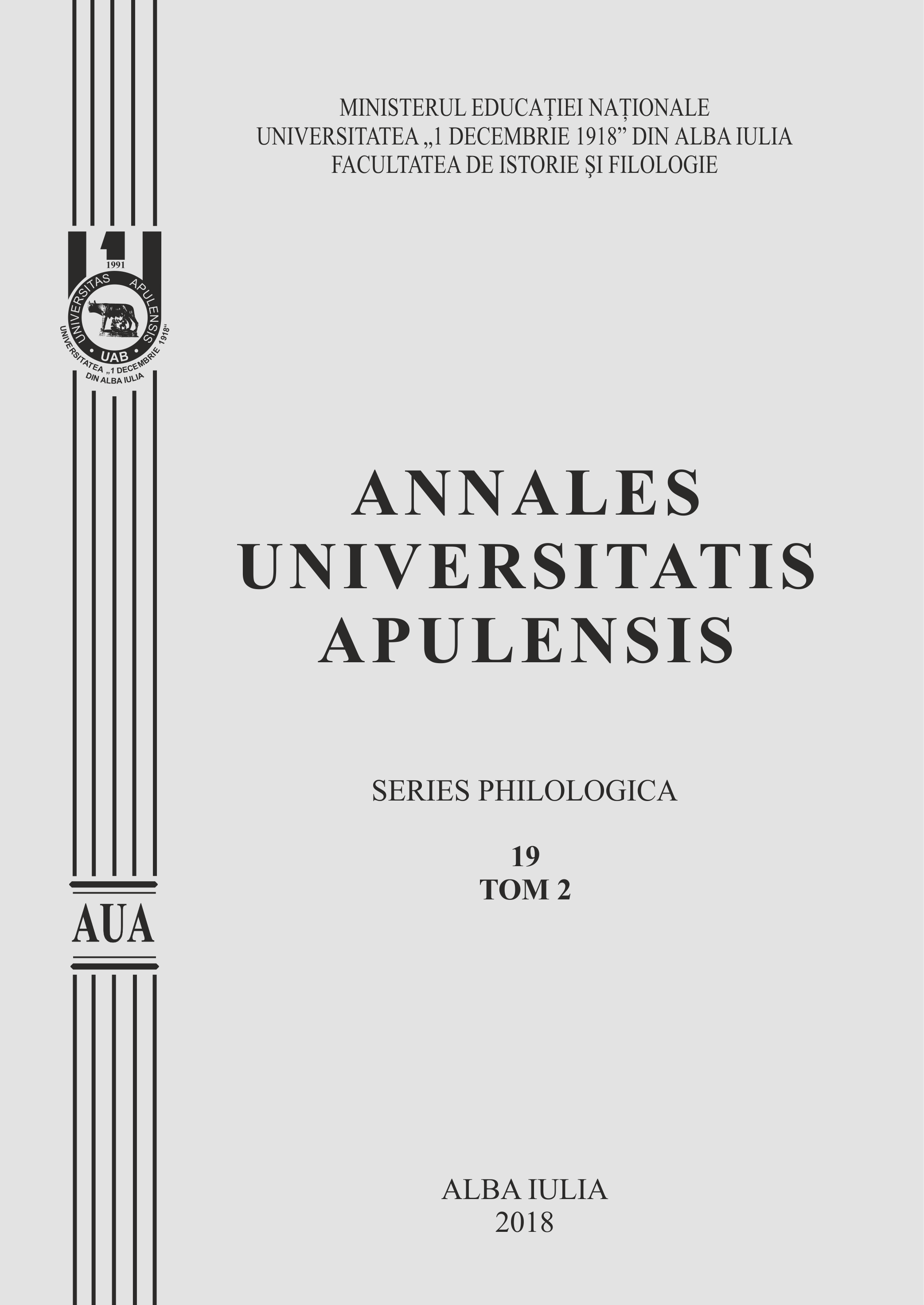LIMBA NAŢIONALǍ ȊN IMAGINARUL POETIC AL SCRIITORILOR PAŞOPTIŞTI
The National Language in the Poems of the 1848 Revolutionary Wave Writers
Author(s): Petra Denisa TcacencoSubject(s): Language and Literature Studies, Studies of Literature, Romanian Literature
Published by: Universitatea »1 Decembrie 1918« Alba Iulia
Keywords: Romanian literary language; nineteenth century; nation; poetry;
Summary/Abstract: The main objective of the article is to investigate the way in which the national language is perceived in the poetic imaginary of the nineteenth century Romanian writers. Having been studied inconsistently by the critics so far, this issue is, by contrary, from our point of view, one that is worth analyzing systematically. In the first place, a panoramic, wider study of this subject unwraps us a substantial perspective of the way the poets characterize the poetic language in the epoch. If features such as uniqueness, harmony, beauty and noble origin are the most common arguments advanced in the polemical debates that have at the core the question of language, then, we asked ourselves which are the features of the poetic language? Secondly, studying the national language from an aesthetic lookout as a poetic idiom, enable us to get an insight into the transition from an objective, ideological language to a more subjective, personal, creative facet of it. The immediate question that arises is how the conversion is done? Are the two alternative forms of language part of the same idiom or not? If at the dawn of the national literature the writers find language as a burden, once with the generation of poets belonging to the 1848 revolutionary wave the distrust became strong belief in the pragmatic force of words. For instance, the poetic language, as seen by Cezar Bolliac is a magic idiom, which has the power to reform the society and the individual, while Dimitrie Bolintineanu thinks that the language created by the poets has the duty to wake up in people the national awareness, making them realize that are one, united by their common past, history, traditions and will for independence. For Ion Heliade Rădulescu, the national language is an harmonious idiom that has a noble and superior origin: Latin. Taking everything into account, it is our belief that a history of the way poetic language has been viewed by its creators in the nineteenth century revolutionary uprising movement reveals the many dimensions the language is imagined in order to consequently shape the identity of a nation in its struggle for independence.
Journal: Annales Universitatis Apulensis. Series Philologica
- Issue Year: 19/2018
- Issue No: 2
- Page Range: 101-114
- Page Count: 5
- Language: Romanian

